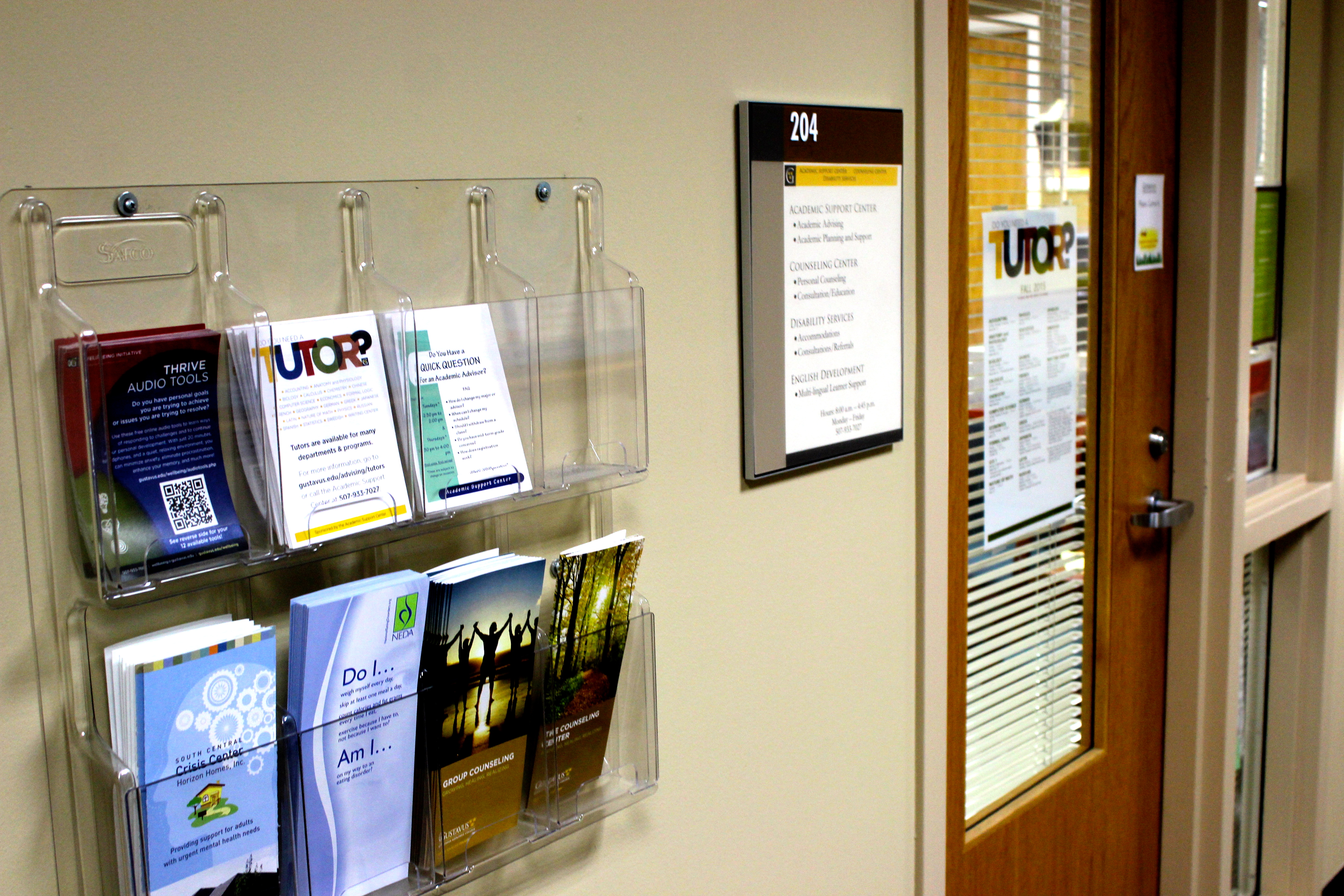World Mental Health Awareness Day was held last Saturday and I celebrated by being mentally ill. That’s a bad joke, sorry. I’m mentally ill every day of the year, but I felt just a little bit more bitter about it on that day because simple “awareness” of mental illness isn’t a problem in our country.
Our major news outlets and our politicians have no problem discussing individuals with mental illness whenever there’s a mass shooting (which is often). Mental illness is very much alive in the general public’s perception as the rabid beast that can’t be stopped from its violent tendencies.
Despite this overwhelming awareness, being mentally ill in this society creates isolation. The majority of us, those with a variety of psychological disorders who are just trying to lead functional lives, have no space within the discussion.
The media constructs an us versus them mentality, the crazies versus the normals. We must hide our panic attacks and depressive episodes lest we become part of the crazies. For people to ever be able to speak openly about their mental health needs, we as a society have to shift the conversation from mental illness as cause of violence towards the treatment of and those living with psychological disorders.
In reality, there is no us versus them. The mentally ill do not live apart from “normal” life. According to the National Institute of Mental Health, 1 in 5 adults in the U.S., about 43.7 million, experience mental illness within any given year. 1 in 25, about 13.6 million, experience severe mental illness (bipolar disorder, schizophrenia, major depression and anxiety etc.).
People who struggle with mental illness go to school with us, work with us, are part of our social circles, families, and relationships. Mentally ill people are more likely to be victims of violence than to be perpetrators of it. Yet we continue to magnify the extreme cases, reporting on mental illness only if it comes with a body count.
Our society doesn’t talk about the survivors. We don’t talk about the girl who wanted to kill herself but managed to call her best friend instead. We don’t talk about the boy who hated how numb his bipolar medication made him feel but he took it anyway. We don’t talk about the girl who hasn’t cut herself in two weeks and is so scared she’s going to relapse but she makes it another day.
These stories just aren’t sexy. There’s no blood or guts, no screaming at the sky in anguish. Recovery and coping is a series of small victories mixed with many relapses. The general public doesn’t have the attention span. The consequence is that both those with and without psychological disorders begin to believe that the only way to exist with mental illness is to exist at the extreme, to do harm onto oneself or others. I’ve been of the mindset that the only way to get people to pay attention to my mental illness was to seriously hurt myself. It’s a scary place to be.
Yet we continue to magnify the extreme cases, reporting on mental illness only if it comes with a body count.
This way of thinking is emphatically not true. Once I started treating my anxiety disorder, I began to gain perspective on just how much support was around me. People I would have never expected, friends, family, classmates, had first hand knowledge about what I was going through. There are people who had dedicated their whole lives to helping people like me. I’m lucky. Not everyone knows about or has the same access to these resources, which is precisely why our conversation needs an update.
So this is my contribution to the humanization of mental illness, my “success” story (let’s refer to it as “in progress”). I’ve suffered from Generalized Anxiety Disorder all my life. At its worst, I hurt myself and everyone close to me. I lashed out, screamed at and blamed those who tried to help me.
I’m still making amends for that time. I went to therapy. I take medication. I have a job. I have a major. I love my family. I miss my dog. I have two amazing roommates who put up with both my panic attacks AND my bad puns. I talk to my best friends from back home every single day. My mental illness does not define me, but my ability to recognize and treat it is what helps me be the happiest, healthiest version of me.
If you or a friend is in need of help, the counseling center here on campus is available for confidential, one-on-one appointments. If you are having thoughts of suicide, please call the National Suicide Prevention Lifeline at 1-800-273-TALK. There is help available for you. You are not being over-dramatic or attention seeking. You are worthy of treatment and support.
